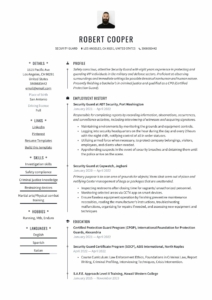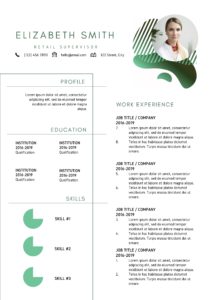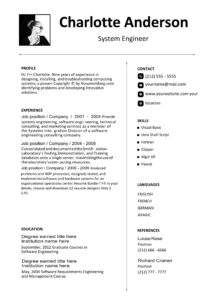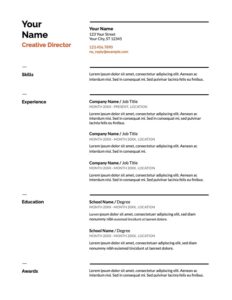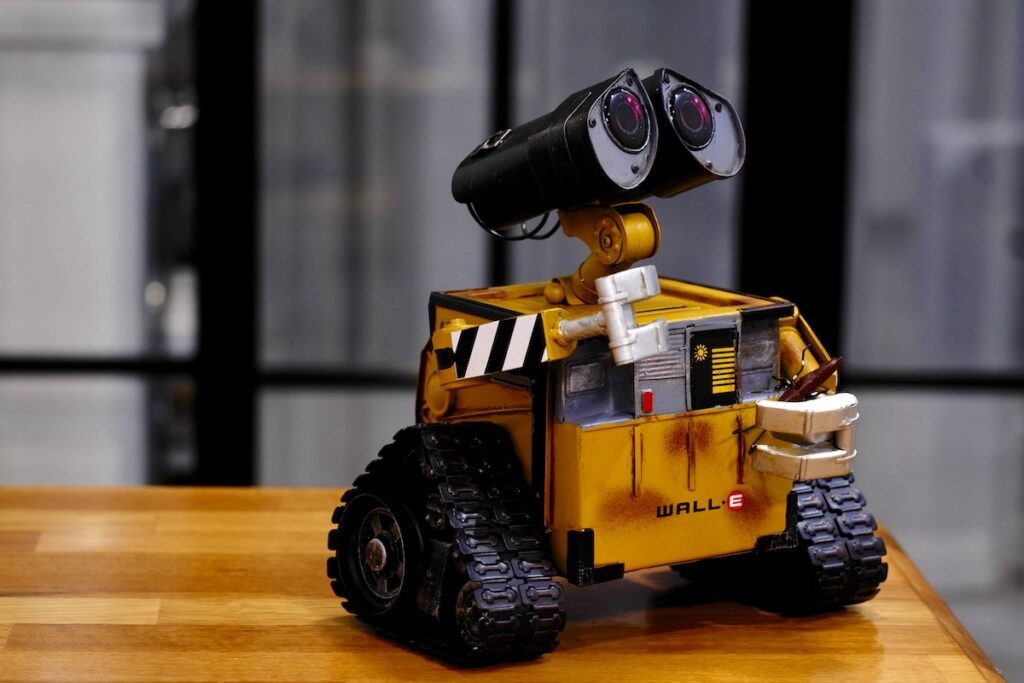
Yes, this article is made with the help of AI! We fact-checked and edited, and wrote most ourselves.
Artificial Intelligence (AI) is starting to make waves across industries. We can see the first ripples starting in the job market, already. The fastest and first major changes are in digital-based jobs, and semi-digital jobs. Think programmers, designers, creators etc. The first new wave of tools is arriving.
Examples? Code generating AI, image creating Dall-E and its varieties, complete video generator software, you name it, it's coming. And it's coming fast. Yes, also to production, agriculture and any other sector.
While AI has the potential to render certain (or should we scare you, and say “loads”?) jobs obsolete? Only time will tell. Usually, the big scare is not as justified as initially thought, with historical jumps in inventions and productivity usually bringing about big change, but not as significant and not as fast as we might fear now.
On the bright side, AI promises to create a wealth of new opportunities! And as it usually goes with technologies, it could and will improve our lives drastically.
The key to successfully navigating these changes is understanding the emerging job landscape and developing the skills necessary to thrive in an AI-driven world (as much as we can).
20 Jobs that AI is Expected to Generate:
| No. | Job Title | Brief Description |
|---|---|---|
| 1. | AI Trainer | Professionals who teach AI systems to perform tasks, understand context, and improve over time. |
| 2. | AI Ethics Officer | Experts who ensure AI applications align with ethical and legal standards, and prevent biases. |
| 3. | AI Data Analyst | Specialists in analyzing the large datasets used to train AI models and optimize their performance. |
| 4. | AI Integration Specialist | Technicians who integrate AI solutions into existing systems and ensure seamless functionality. |
| 5. | AI Security Expert | Professionals focused on safeguarding AI systems from cyber threats and ensuring data privacy. |
| 6. | AI Hardware Engineer | Engineers who design and develop hardware components optimized for AI processing and performance. |
| 7. | AI User Experience Designer | Designers who create intuitive and user-friendly interfaces for AI-driven products and services. |
| 8. | AI Policy Advisor | Experts who advise governments and organizations on AI policies, regulations, and ethical considerations. |
| 9. | AI Healthcare Specialist | Medical professionals who utilize AI tools for diagnostics, treatment planning, and personalized medicine. |
| 10. | AI Content Creator | Creatives who use AI tools to generate written, visual, or audio content for various platforms. |
| 11. | AI Customer Service Agent | Human agents who collaborate with AI chatbots to provide personalized and efficient customer support. |
| 12. | AI Sales and Marketing Strategist | Professionals who leverage AI tools to optimize sales and marketing efforts, targeting, and personalization. |
| 13. | AI Finance Analyst | Financial experts who use AI-driven insights to make investment decisions and optimize financial strategies. |
| 14. | AI-powered Robot Technician | Technicians who maintain and repair AI-powered robots used in industries such as manufacturing or logistics. |
| 15. | AI Education Specialist | Educators who use AI tools to create personalized learning experiences and improve educational outcomes. |
| 16. | AI Transportation Planner | Urban planners who incorporate AI-driven solutions to optimize transportation infrastructure and systems. |
| 17. | AI Legal Consultant | Legal experts who help clients navigate the complex landscape of AI-related regulations and intellectual property. |
| 18. | AI Talent Acquisition Specialist | HR professionals who utilize AI tools to streamline recruitment processes and identify top candidates. |
| 19. | AI Quality Assurance Tester | Testers who evaluate AI systems to ensure they meet performance, reliability, and safety standards. |
| 20. | AI Research Scientist | Scientists who develop new AI algorithms, techniques, and applications across various industries. |
As this list demonstrates, the rise of AI has created new roles in healthcare, finance, education, transportation, and more. Many of these positions involve developing, maintaining, or improving AI-driven solutions, while others focus on leveraging AI technologies to enhance human performance and decision-making.
Future-Proofing Your Career
In order to remain competitive in this dynamic job market, it's crucial for individuals to adopt a growth mindset and embrace continuous learning. Staying informed about the latest advancements in AI and other emerging technologies will be essential to future-proofing your career.
Some strategies for staying ahead of the curve include:
- Pursuing relevant educational opportunities, such as online courses, certifications, or degrees in fields related to AI, data science, or machine learning.
- Developing a diverse skill set that combines technical expertise with soft skills, such as problem-solving, communication, and creativity.
- Networking with professionals in AI-related fields to gain insights into the latest trends and job opportunities.
- Seeking out internships, volunteer opportunities, or freelance work that provide hands-on experience with AI technologies.
Conclusion
While the rise of AI may lead to the disappearance of some traditional jobs, it also paves the way for a new generation of careers that capitalize on the benefits of AI. By proactively adapting to the changes brought about by AI, you can ensure (or.. at least try) to stay relevant and employable in the ever-evolving job market of the future.
